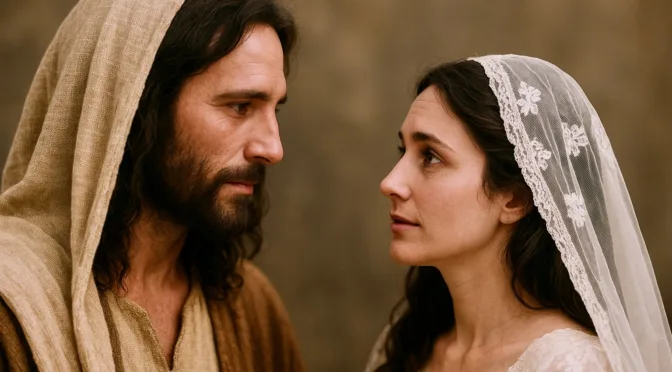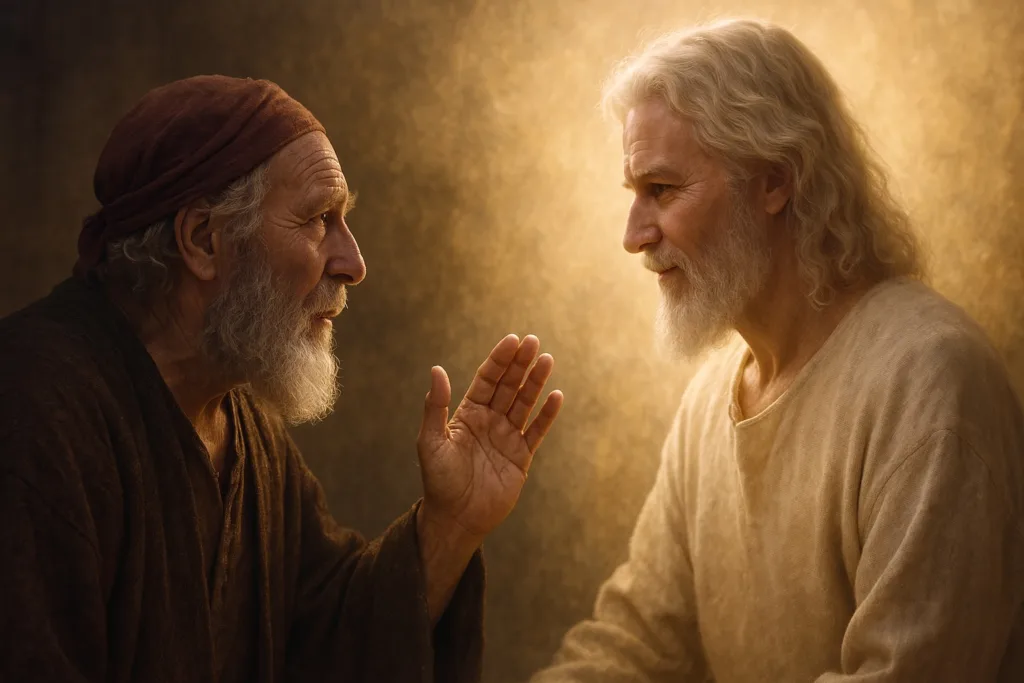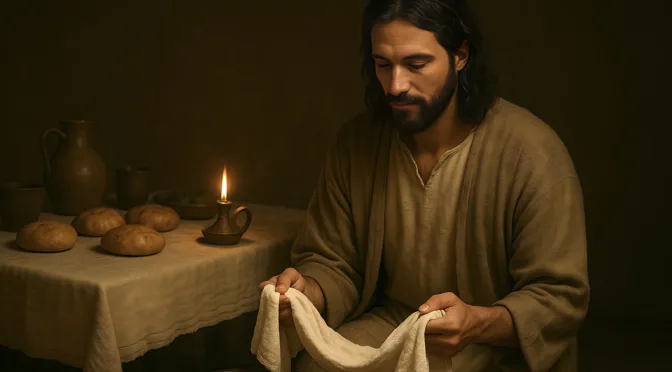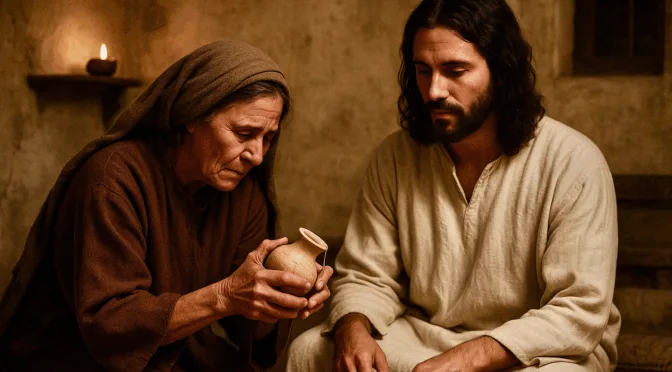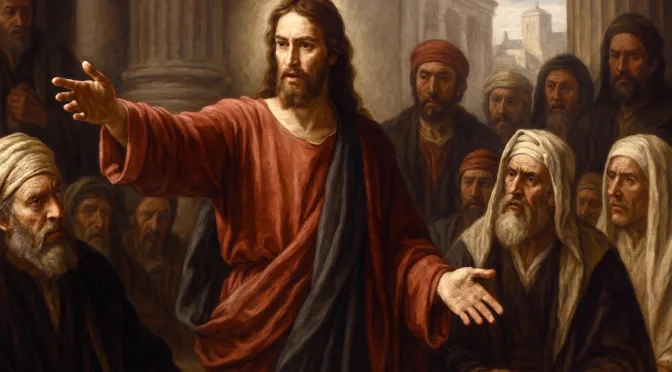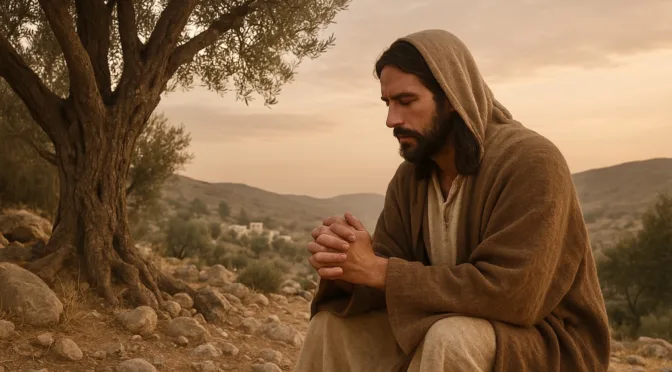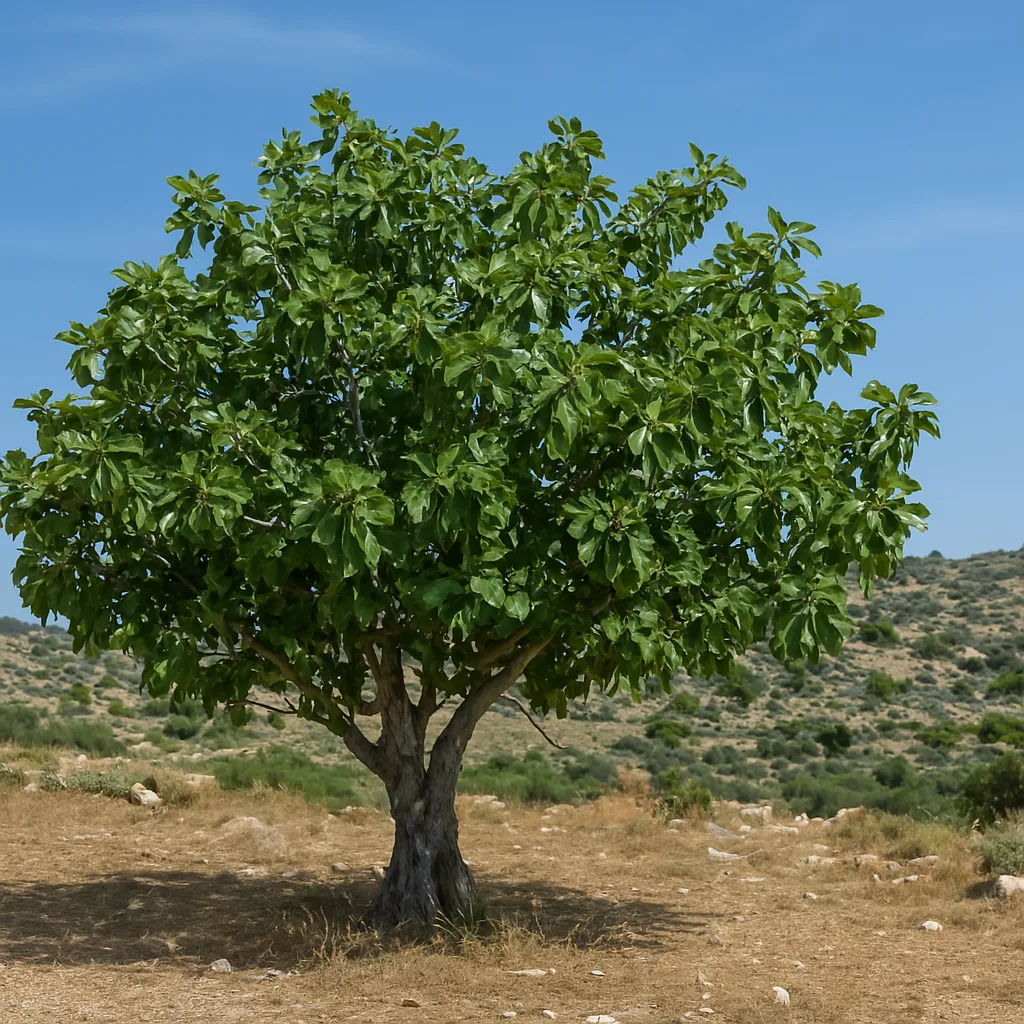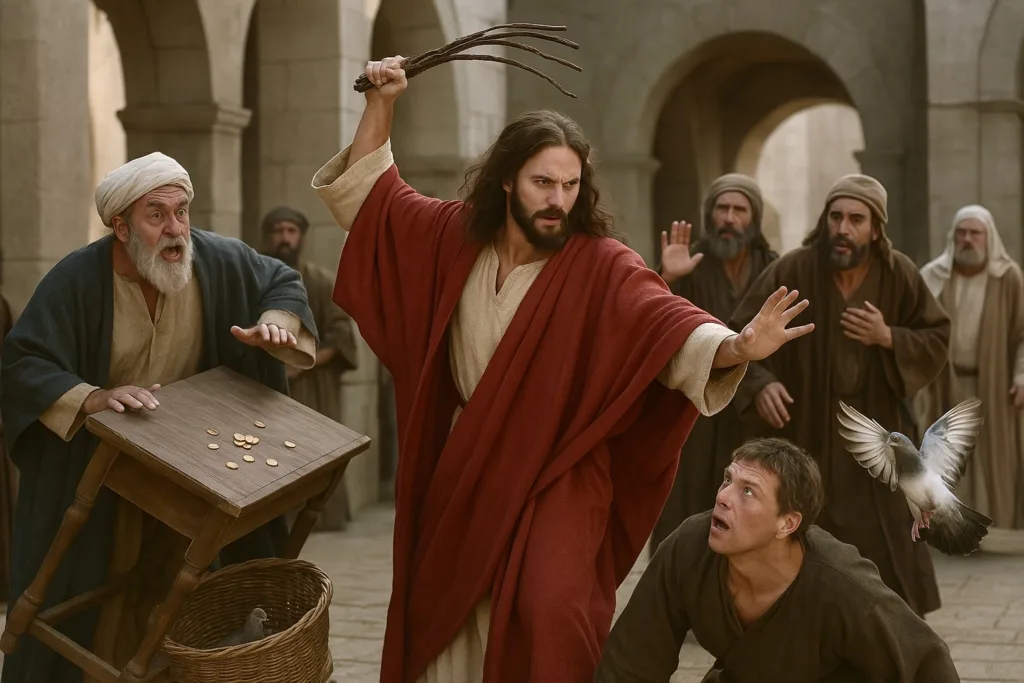Beloved, I write to you not with the wisdom of this world but with the truth breathed by the Spirit of God. If you belong to Yeshua, you are no longer bound to the flesh. Walking according to the Spirit means you are called to live by the Spirit, filled with reverent fear, yet overflowing with the joy of adoption. This is not a contradiction. It is the mystery of faith. The child of God draws near with confidence, yet his soul trembles before the holiness of El Shaddai. He knows both mercy and majesty, intimacy and awe.
The Law once condemned us, yet now its righteous requirement is fulfilled in us who walk by the Spirit (Romans 8:4, AMP). What once pointed out our guilt has now become the foundation of our freedom in Messiah. The Spirit, who moved across the waters in the beginning, now moves within the hearts of those who are born again. He does not make us fearful slaves. He gives us power, love, and soundness of mind (2 Timothy 1:7, NASB).
To walk according to the Spirit is to live in that divine tension. It is to worship with trembling lips and uplifted hands. It is to cry “Abba, Father” with the reverence of a servant and the joy of a son. The world cannot understand this. The natural man mocks what he cannot perceive. Even some in the Church fear what they cannot explain. Yet the Spirit of God has made His dwelling in us. We are the living temple. We are the delight of the Father.

Do not be surprised when the world calls you strange. You are set apart. You are holy. You are marked by the presence of Ruach HaKodesh. Angels marvel at your journey. Demons flee from your worship. You are no ordinary people. You are sons and daughters of the Most High.
Let your fellowship reflect the heart of God. Do not withhold love from those who are His. If they are washed in the blood, born of the Spirit, and walking with the Father, they are your family. Whether they sing in silence or shout with dancing, whether they gather in homes or sanctuaries, if they carry the name of Yeshua and bear His fruit, they are His and they are yours.
Let us walk according to the Spirit with reverent fear and great joy. Let the world see in us both the fire and the fragrance of Christ. Let us not be ashamed of the holy contradiction. Let us rejoice in it. For we are no longer of the flesh. We are filled with the Spirit, purified by His fire, and bound together in His love.
⸻
With trembling joy I walk Your path,
A flame alight from holy breath.
You call me near, I bow in awe,
Alive in You, untouched by death.
⸻
Prayer
Spirit of the Living God, thank You for making Your home in us. We tremble before Your majesty, yet we come boldly by the blood of Yeshua. Teach us to walk in reverence and power. Let Your love anchor us and Your truth guide us. Unite Your Church as one, born of the same Spirit and called to the same hope. Fill us with more of You, and strip away every part of us that clings to the flesh. In Yeshua’s name we pray, amen.


